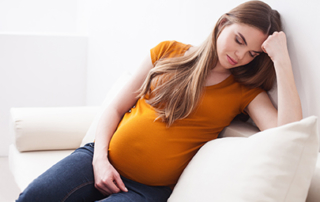Are Mood and Anxiety Disorders More Common in Women with Polycystic Ovarian Syndrome?
Polycystic ovary syndrome (PCOS) is a common hormonal disorder, affecting about 10% of reproductive aged women. It is also the most common cause of infertility in younger women; however, many women are unaware they have [...]









